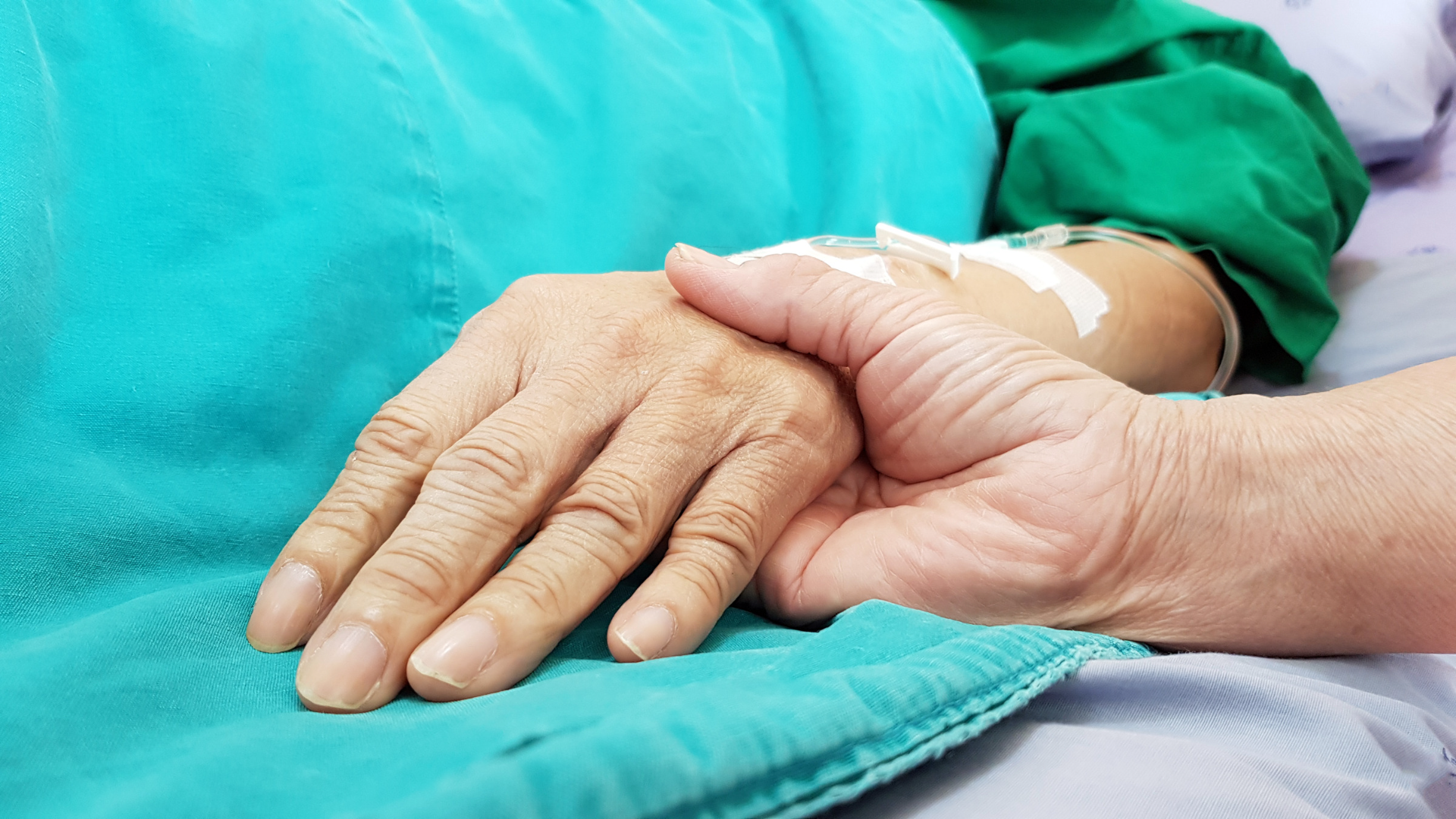La labor asistencial diaria de un Médico de Familia abarca la atención a múltiples y variados procesos. The daily care work of a Family Doctor covers care for multiple and varied processes. It is increasingly common to care for patients with refractory clinical situations, situations in which the patient and their family face the final moment of life. It is necessary that both the doctor, the family or caregivers and, fundamentally, the patient themselves, prepare to face this final stage in the most dignified way, both from the point of view of clinical management and from the ethical and moral point of view.
Dementia and other degenerative neurological diseases usually lead to a more or less severe loss of autonomy on the part of the patient and, as a consequence, there is a decrease in the patient’s ability to make specific decisions in the final phase of life. . This generates important bioethical problems in the family and caregivers, especially when the patient’s previous wishes in this situation are unknown.
As doctors, we must guarantee the necessary support, both in material means and care, to reduce the impact that the disease has on the patient and family. In the final stages of the disease, when the clinical situation is already considered refractory, a series of complex situations may arise in relation to decision-making, especially if the patient has not previously expressed his or her wishes when facing this moment. .
Our way of approaching this phase of clinical care should be based fundamentally on the patient’s wishes, and the necessary mechanisms should be adopted to minimize the impact of other variables that may influence the way in which the patient will face the end of his or her life ( variables that usually arise from family discrepancies about clinical management, family decisions that do not respect the supposed will of the patient, care variables depending on the professional or professionals who care for the patient at this moment in their life process, etc.)
For these reasons, we consider it so important that people express their preferences and desires in advance when facing the final phases of an incurable disease and the moment of their own death.

The care that medicine must provide at the time of the final phase of life goes beyond the exclusive administration of drugs to control symptoms. The patient needs to perceive that he is not and will not be abandoned, that he continues to be the most important thing for health professionals, and that their job consists of taking care of him throughout his life process, with special attention to the last moments of his life. It is essential to respect the patient’s opinions and adapt care plans to their expectations and wishes. In this sense, it is important to highlight the need to guarantee the necessary care of the patient in his or her own home when the patient himself has previously stated this or included it in his advance directive document.
The ideal way to record this information is to prepare the document known as “Advance Wills”, “Advance Instructions” or “Living Will”.
The Ministry of Health has enabled a registration system for prior instructions documents, which we can access at the following link:
Instrucciones previas – Consellería de Sanidade – Servizo Galego de Saúde (sergas.es)
Once written, the document is included in the SERGAS clinical record. This procedure facilitates access to said document by the health professionals involved in the care process, which guarantees the fulfillment of our wishes or wills at the moment in which we face the end-of-life process.
Cristina Margusino Framiñán
Licenciada en Medicina USC. Medicina Familiar y Comunitaria
Máster de Urxencias e Emerxencias en la USC
Medalla de oro de Xinzo de Limia

